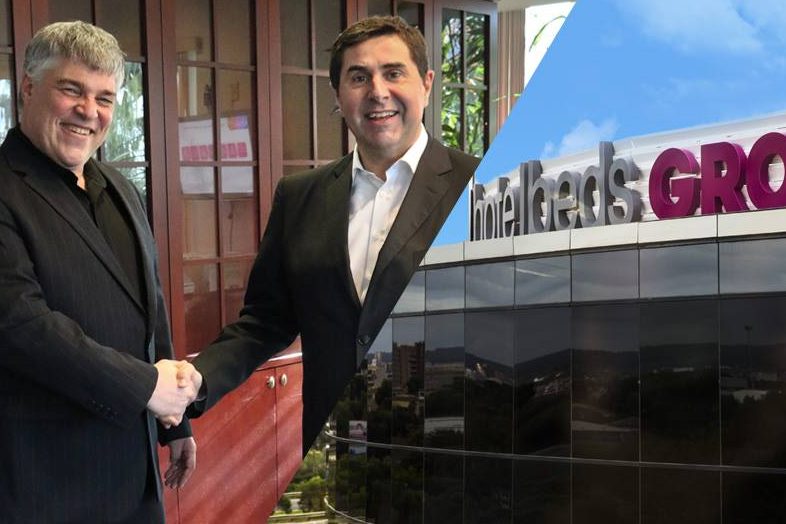Hotelbeds Eyes a Viable Wholesaler Path in the Shadows of Priceline and Expedia

Skift Take
Since 2016, the quiet wholesaler marketplaces for hotel supply have become noisy as private equity firms invested $2.9 billion to make Hotelbeds Group a market leader. Expect more consolidation.
Everyone knows that hotels increasingly rely on two conglomerates — Expedia Inc. and Priceline Group — to distribute their inventory globally to a large chunk of leisure travelers. Some hotels rely on the giants to fill as many as half of their rooms on any given night.
Yet an alternative distribution path may be gaining small but noticeable momentum — namely, business-to-business (B2B) marketplaces.
The largest of these is Hotelbeds, which distributes rooms at wholesale rates to about 35,000 retail travel agencies, small online travel agencies (such as Getaroom and Travel Republic), tour operators who build vacation packages (such as TUI Deutschland), and airlines who upsell passengers with accommodation offers (such as EasyJet).
In spring 2016, the B2B accommodation sector heated up when private equity firm Cinven and the Canada Pension Plan Investment Board led a consortium that bought parent company Hotelbeds Group from tour operator TUI for $1.32 billion (€1.165 billion).
Since then, the owners of the Palma de Mallorca, Spain-based Hotelbeds Group have been investing for growth.
This year, they funded its acquisitions of its smaller peers GTA and Tourico Holidays for a combined cost of $1.5 billion (€1.3 billion), according to sources familiar with the companies' finances.
The deals make Hotelbeds Group the market leader in the B2B hotel sector, holding around 15 percent of the global market — roughly double what it had before the two acquisitions.
When Hotelbeds Group made the acquisitions, it did so with the backing of the Cinven-led consortium. That means, in effect, that private equity has placed a $2.93 billion bet on this sector in the past couple of years.
The second-largest wholesaler platform is Australia-based travel booker Webjet, with about 3 percent of the global accommodation market — assuming its $265 million offer to acquire JacTravel that was announced this summer is approved.
After that, there's long-tail of players — led by MTS Globe and Iberostar's World2

